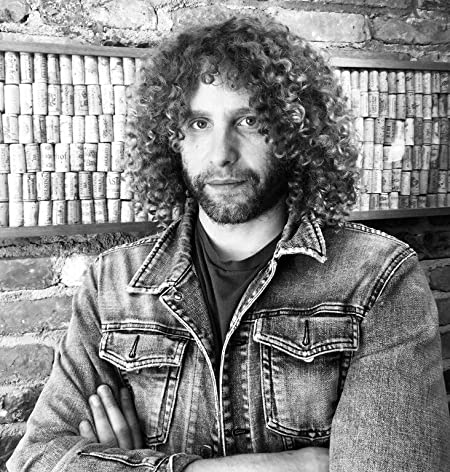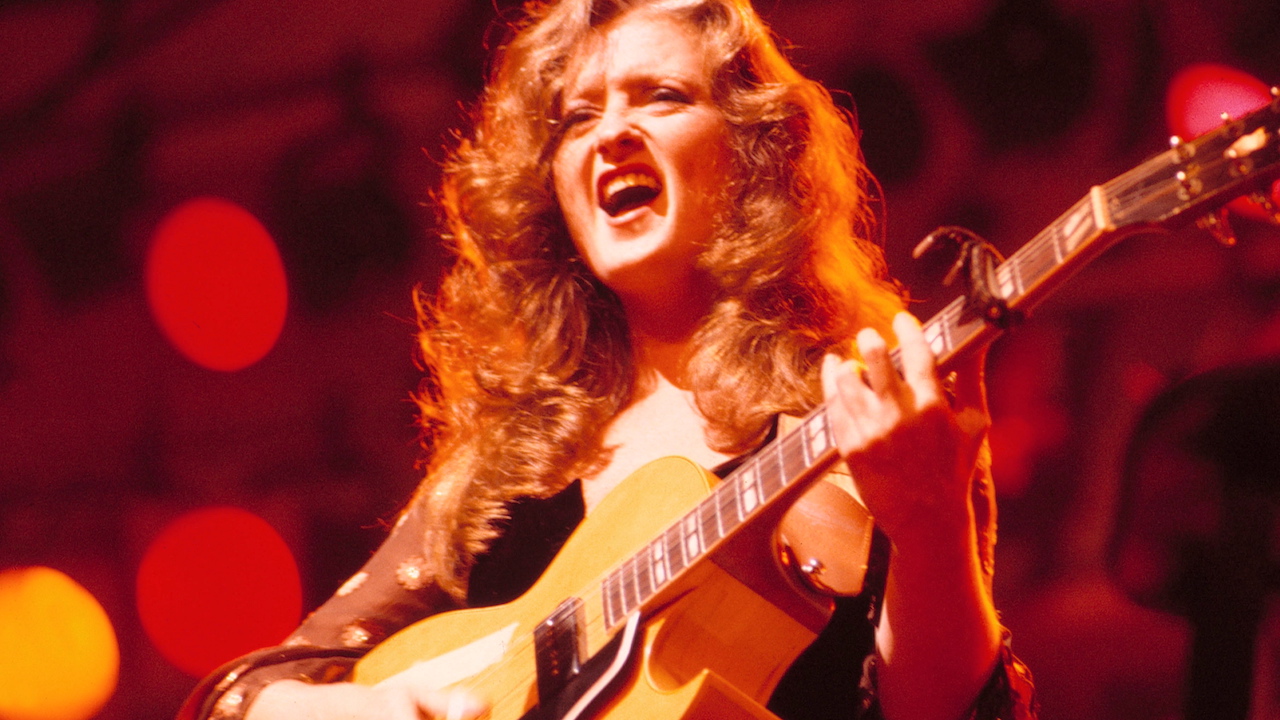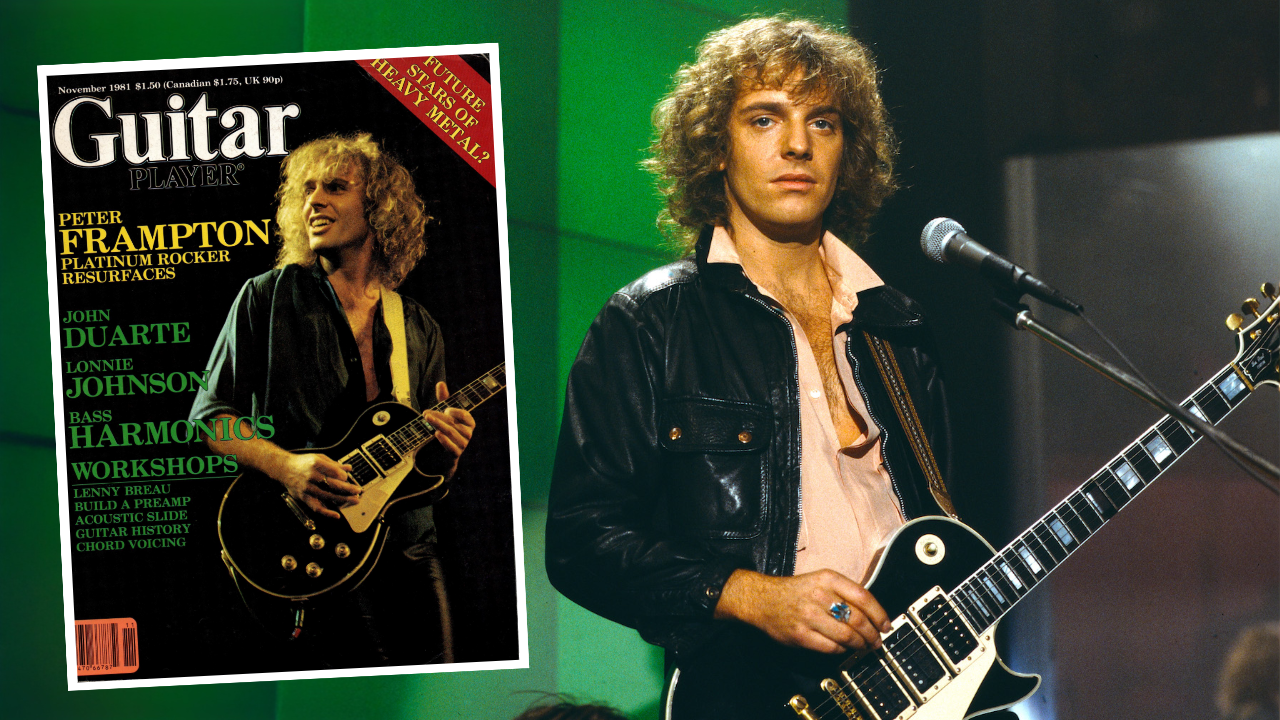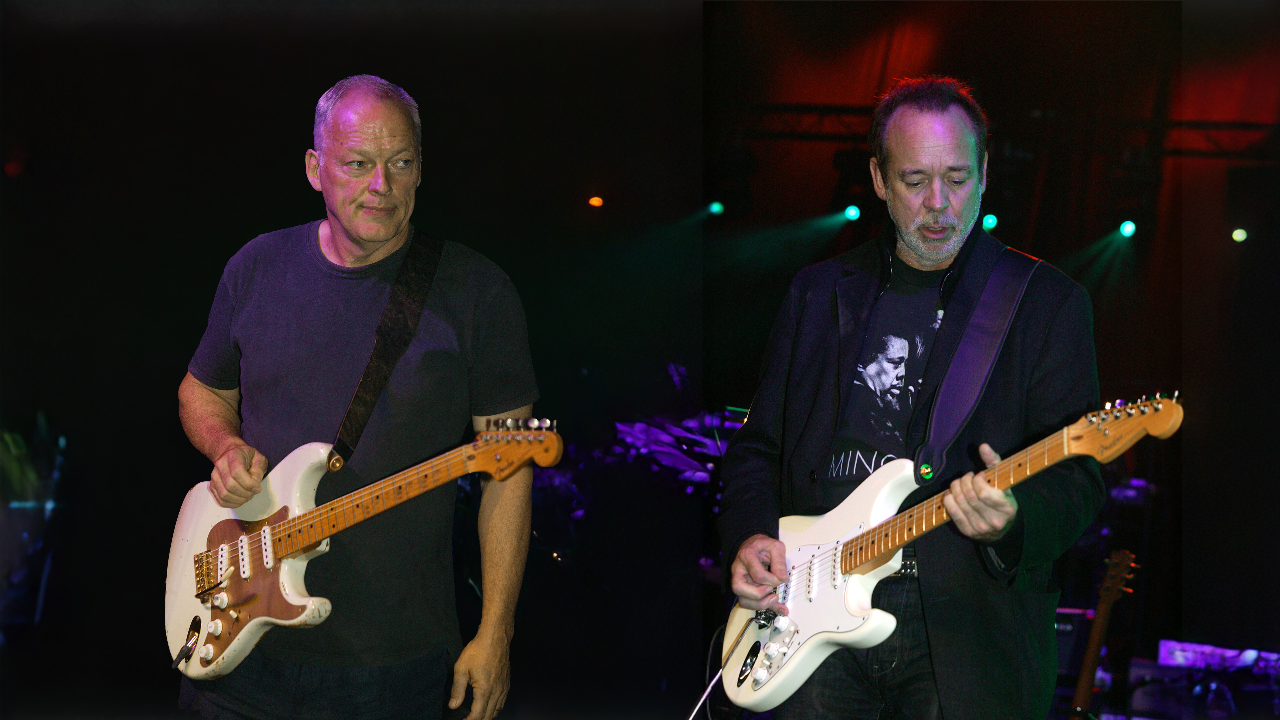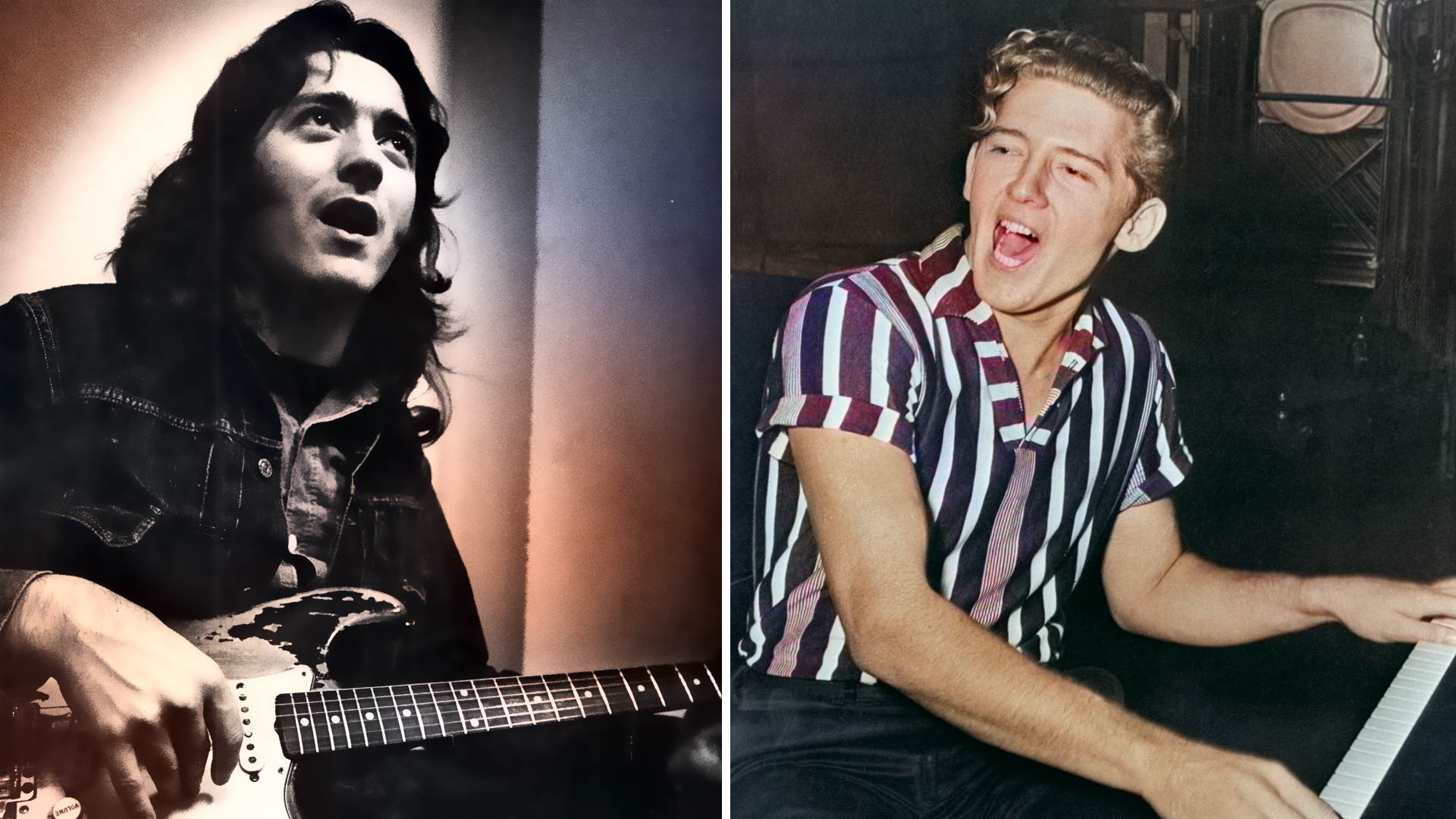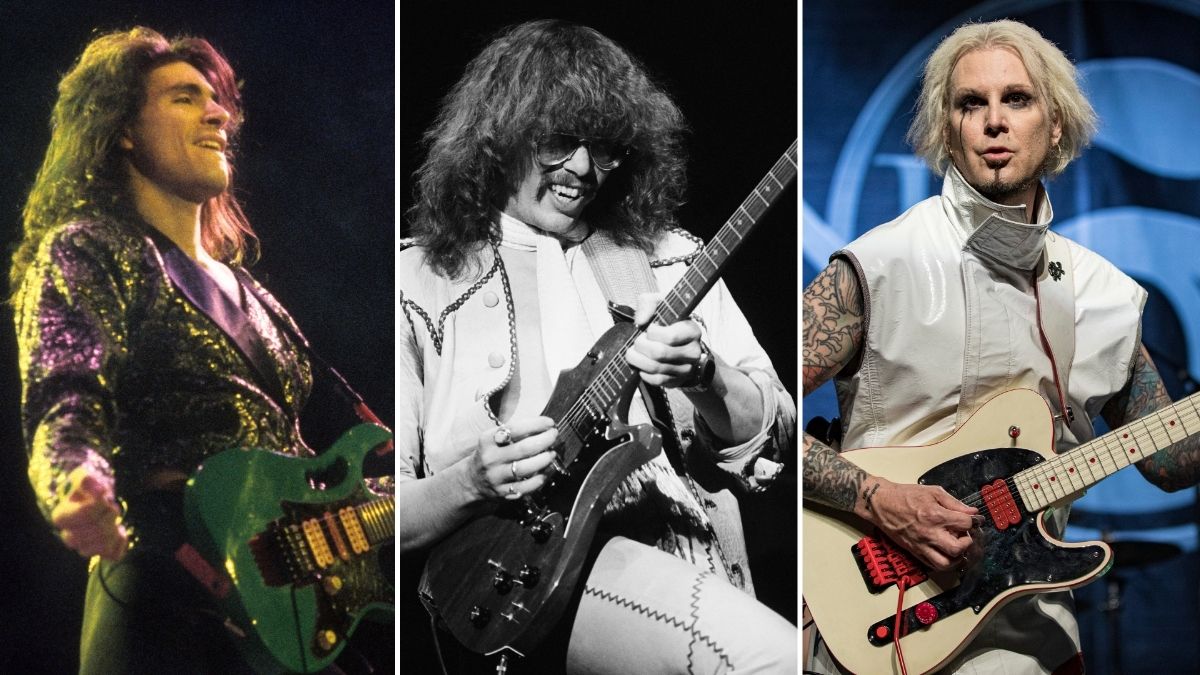Brian May Reflects on His Debut Solo Album, and How It Made Him Doubly In Awe of Freddie Mercury's Peerless Vocals
The Queen icon's solo catalog is returning to print, one album at a time, starting with 'Back to the Light.'
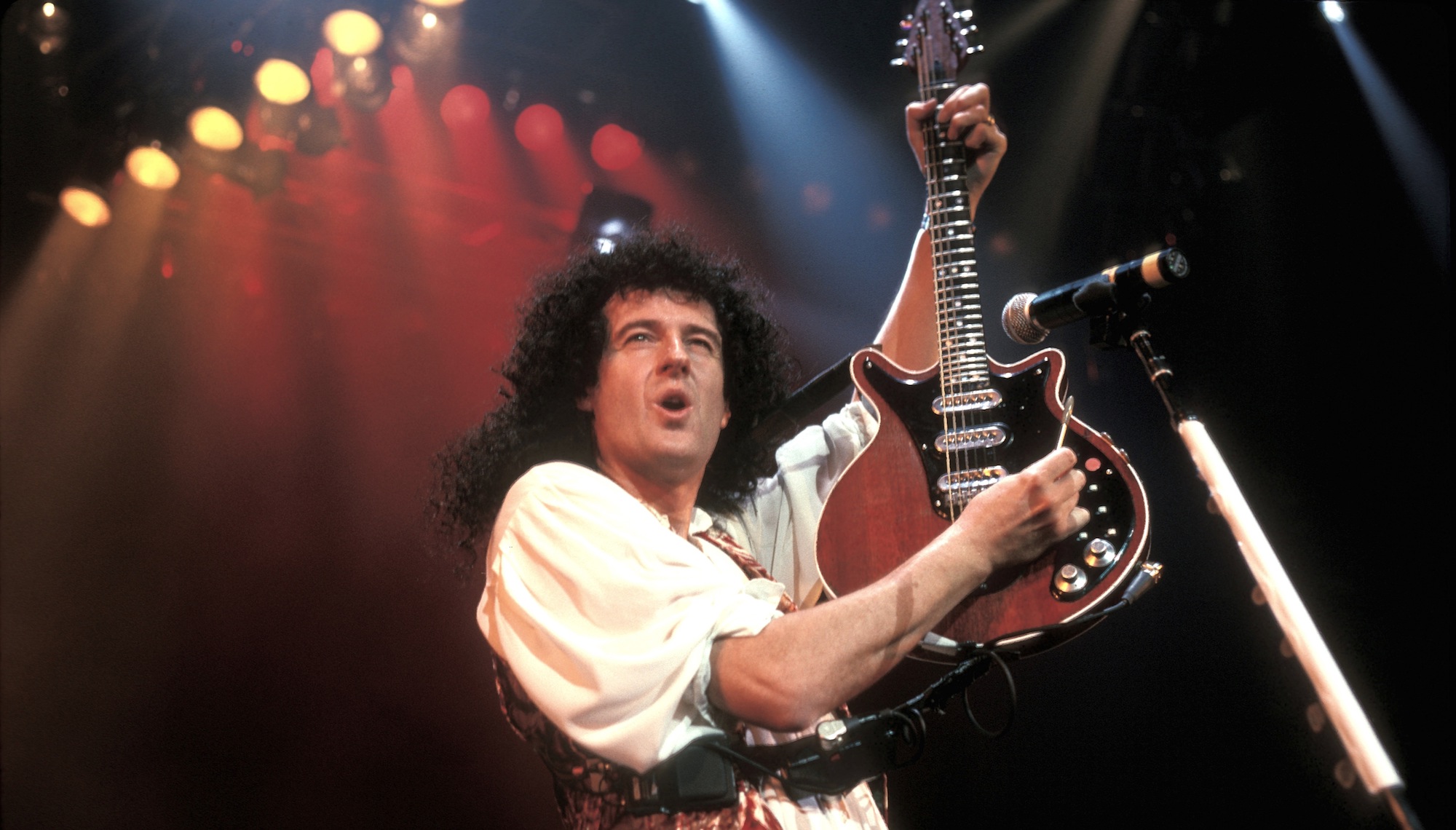
In 1992, Brian May set out on his own with his debut solo album, Back to the Light. Released less than a year after Freddie Mercury’s death, the album was a welcome gift to Queen fans, and May did not disappoint, delivering a strong set of tracks that included the UK Top 10 hits “Too Much Love Will Kill You” and “Driven By You.”
Out of print for several years, Back to the Light will return soon in an expanded reissue overseen by May. “I’m working night and day right now to bring back this album,” he says. “It’s quite tricky under lockdown – but it will soon be ready – all remastered and polished and with a nice little package of bonus tracks.”
You’ve spent part of lockdown working on the reissue of your 1992 debut solo album, Back to the Light. How is that coming along?
Yeah, that’s my new thing and I’m very excited about it. The first idea was, “Should I do a box set?” Because my solo stuff isn’t out there – it’s all been deleted and I don’t have a record contract. But then I thought, Why don’t I tackle one project at a time? So I’m starting with Back to the Light.
I find myself getting very emotional listening to that stuff because I put my heart and soul into it
We’ve unearthed a few outtakes and bits and pieces, and I’m writing some new retrospective liner notes. And we remastered it to make it what it needs to be in the 21st century. And it’s really produced a big effect in me.
I find myself getting very emotional listening to that stuff because I put my heart and soul into it at the time. Also, I sang on it. I never became the greatest singer in the world, but I did get good enough to express the emotions I was feeling at the time.
In addition to handling vocals on the album, you went out on tour and sang these songs onstage. Did assuming the role of frontman give you a renewed appreciation for Freddie and what it means to be the guy everyone’s eyes are focused on, in particular, seeing as this album was released soon after his passing?
It did. It was heaven and hell, but mainly hell because I never felt I was good enough. But it was also heavenly because I had the chance to be out there and just be me and express myself. There’s an enormous amount of grieving in my solo career, because, first of all, I’m grieving for Freddie. And then I was also grieving for Queen.
There’s an enormous amount of grieving in my solo career, because, first of all, I’m grieving for Freddie. And then I was also grieving for Queen
I was determined not to look back and not to be defined by the band. I was out there being Brian May of the Brian May Band, and people would ask me about Queen and I would say, “No, I don’t want to talk about Queen. That was then and this is now.” But you know, it’s like, “He doth protest too much.” Because I was part of Queen, and I had to go back in and reappraise that at some point.
But singing was tough, and eventually I gave it up. I realized I would rather play alongside someone else who was singing. And luckily that happened. Roger and I got back together with Paul Rodgers, and we went and did some stuff.
And then we found this precocious boy named Adam, and Adam was able to do things that… well, he’s able to do anything we throw at him! So that’s been an extraordinary voyage of rediscovery and re-interpretation.
We’ve been lucky. I’ve been lucky. And I no longer want to be that frontman. I did it for a while, and there were some great rewards. But I prefer to play my guitar, honestly.
Get The Pick Newsletter
All the latest guitar news, interviews, lessons, reviews, deals and more, direct to your inbox!
Rich is the co-author of the best-selling Nöthin' But a Good Time: The Uncensored History of the '80s Hard Rock Explosion. He is also a recording and performing musician, and a former editor of Guitar World magazine and executive editor of Guitar Aficionado magazine. He has authored several additional books, among them Kurt Cobain: Montage of Heck, the companion to the documentary of the same name.
“I did the least commercial thing I could think of.” Ian Anderson explains how an old Dave Brubeck jazz tune inspired him to write Jethro Tull’s biggest hit
"This 'Bohemian Rhapsody' will be hard to beat in the years to come! I'm awestruck.” Brian May makes a surprise appearance at Coachella to perform Queen's hit with Benson Boone
